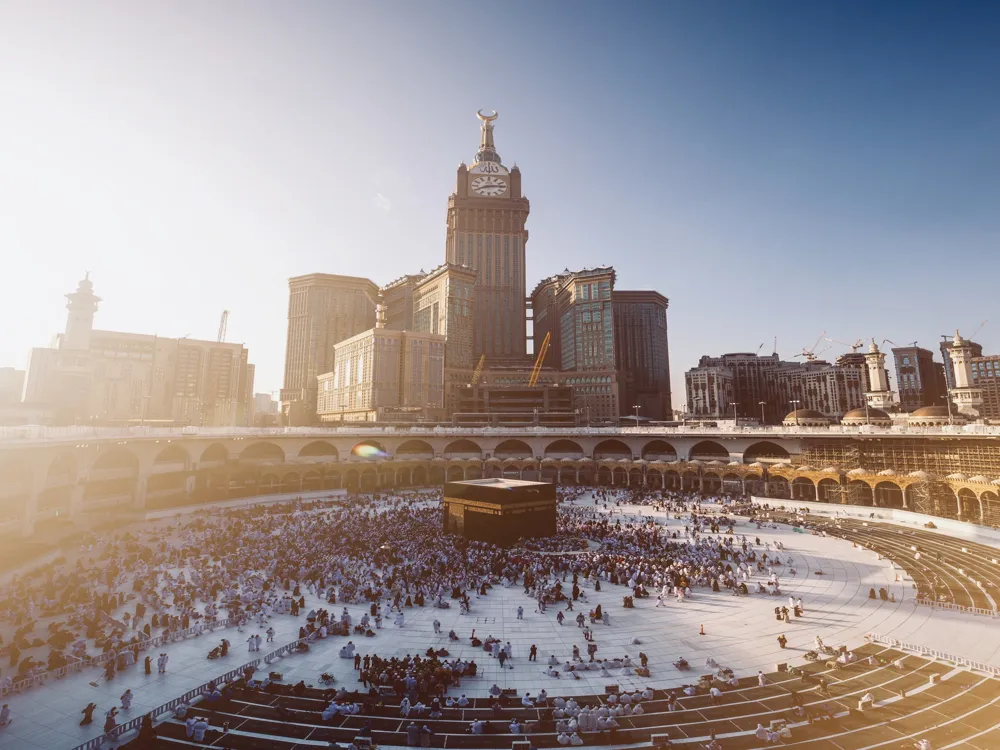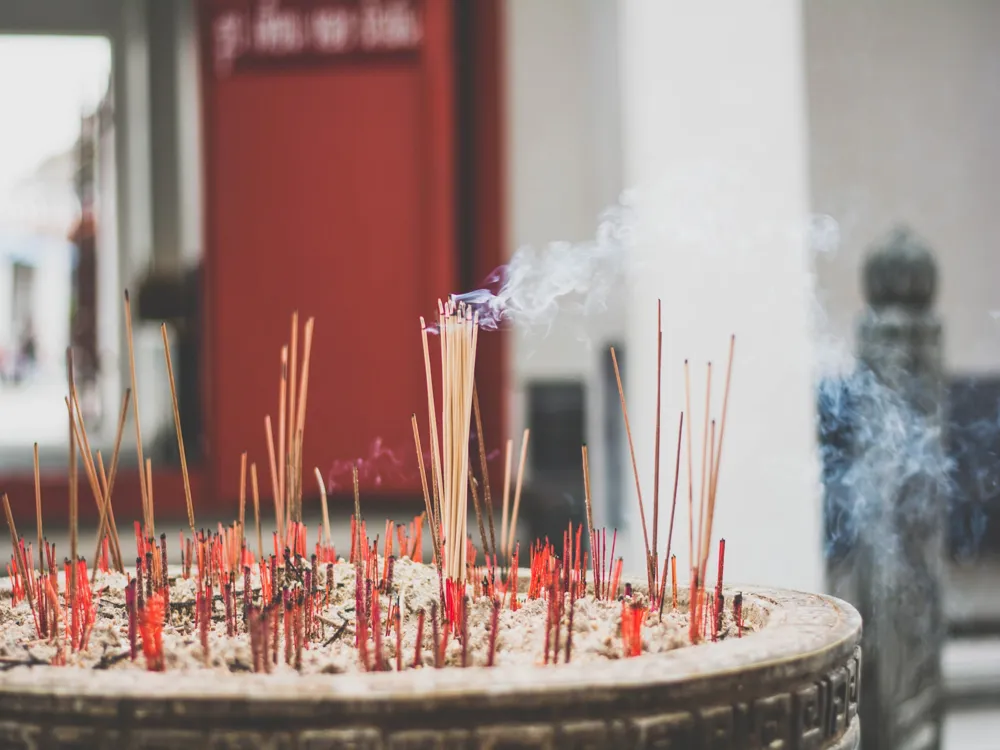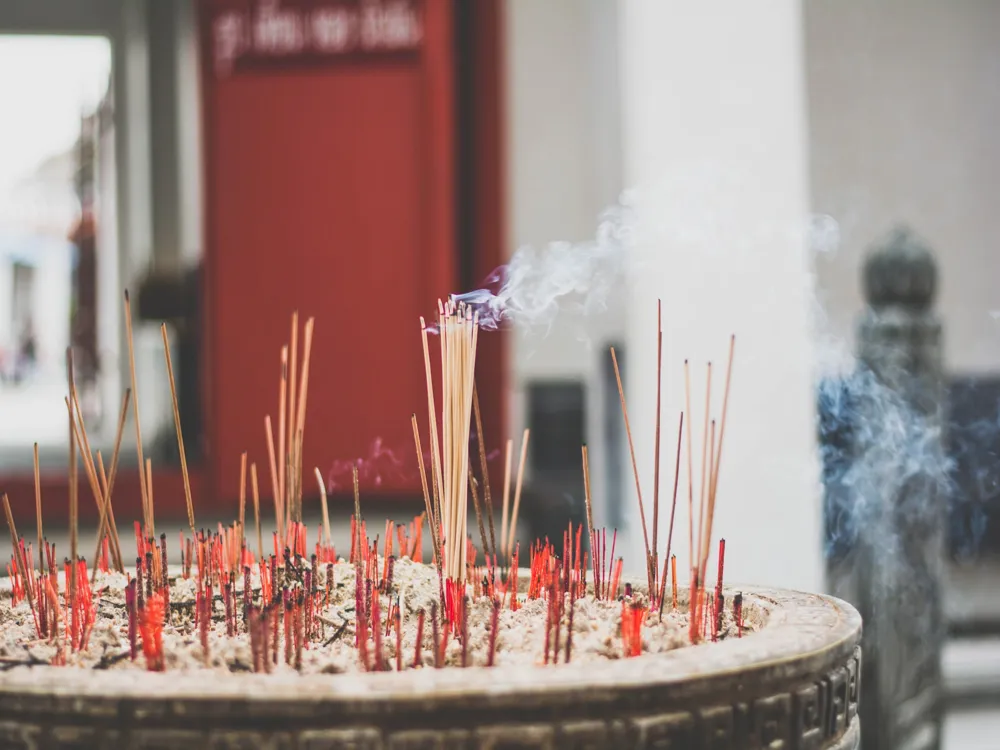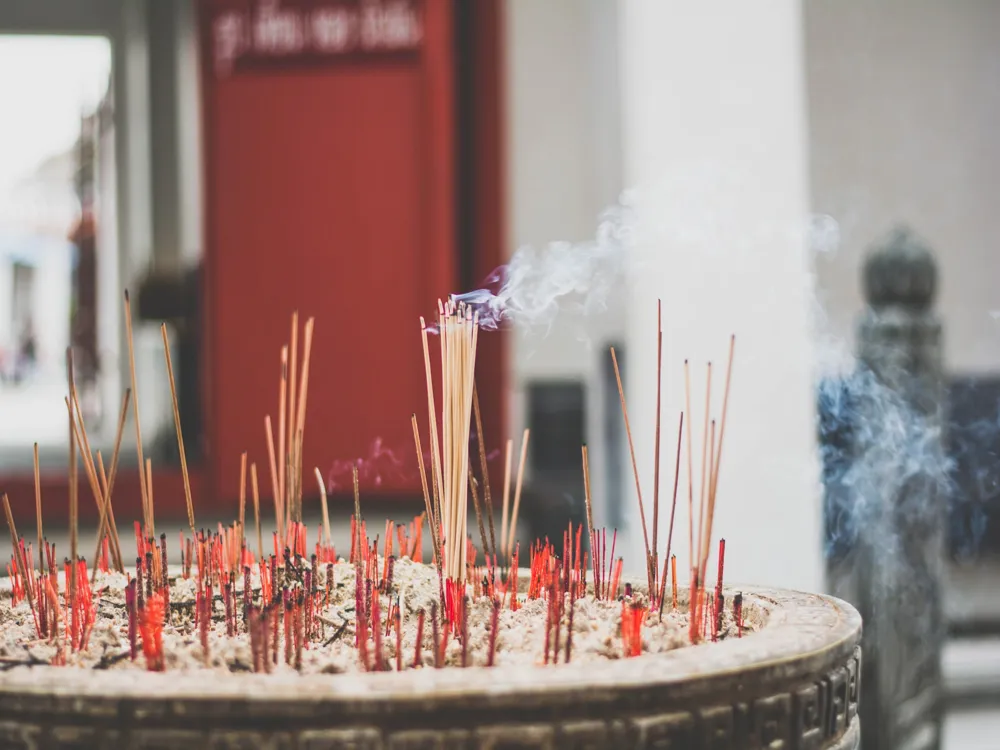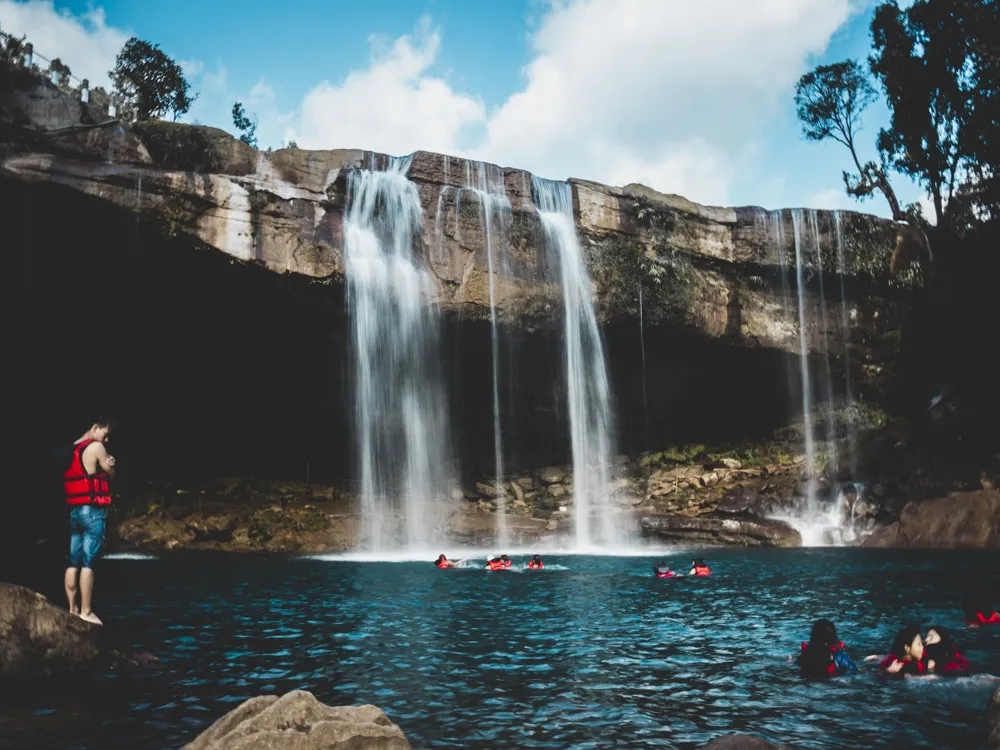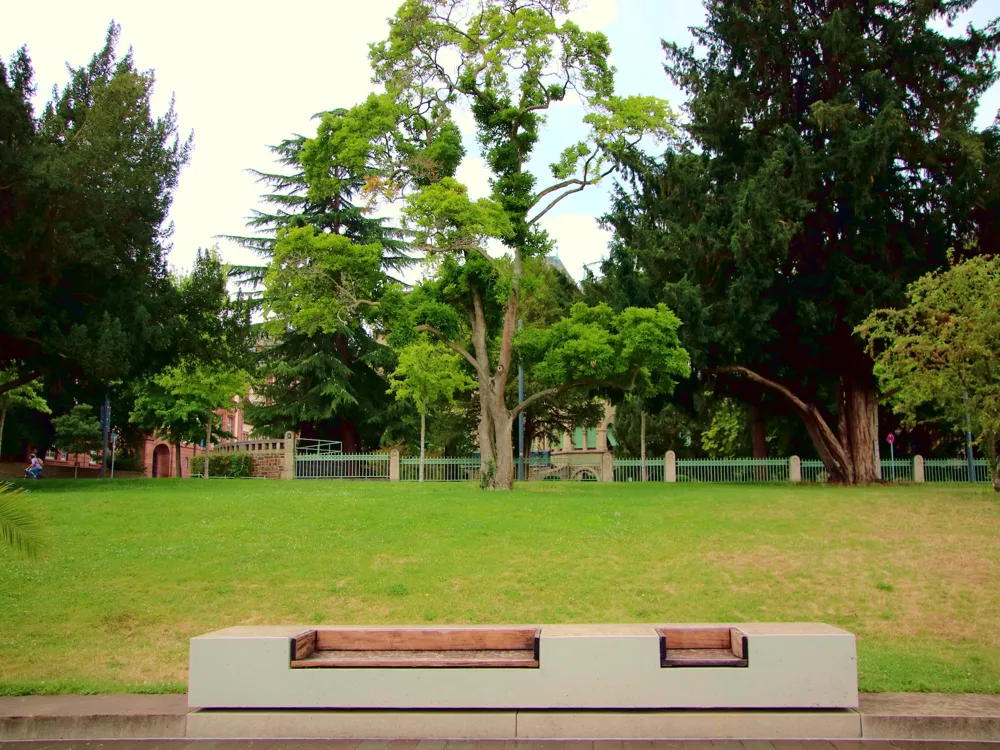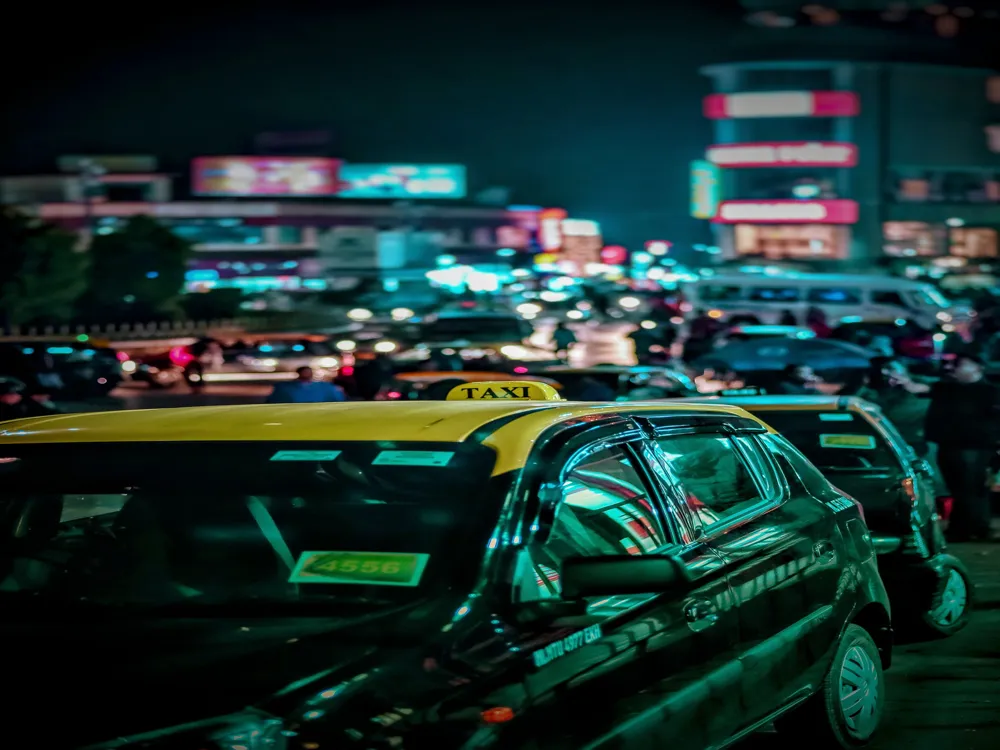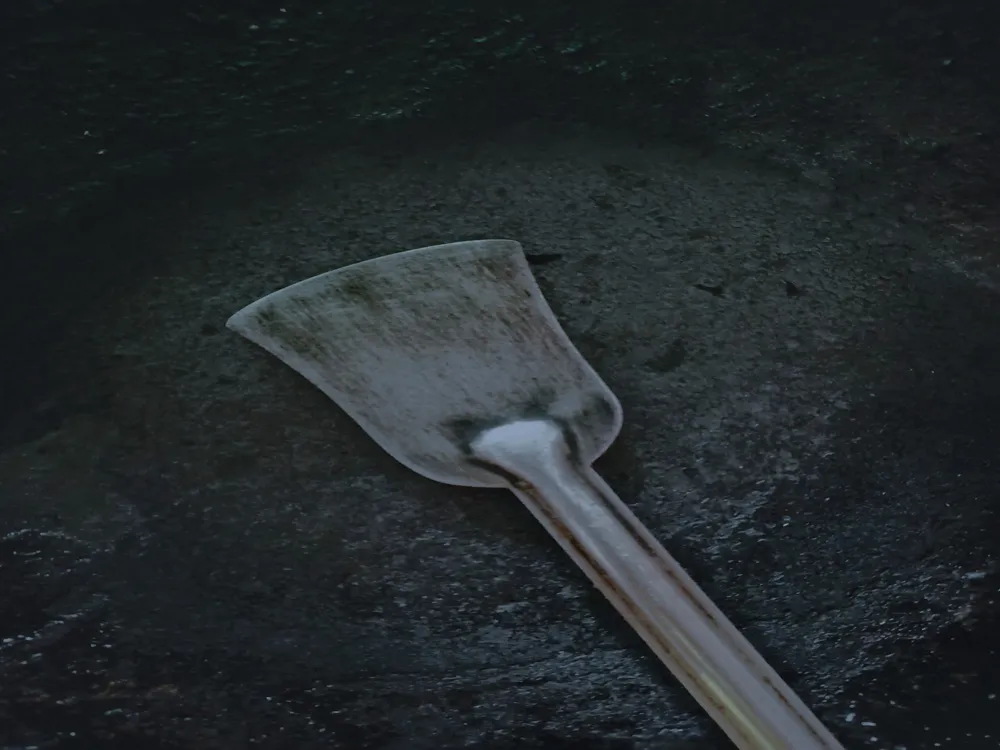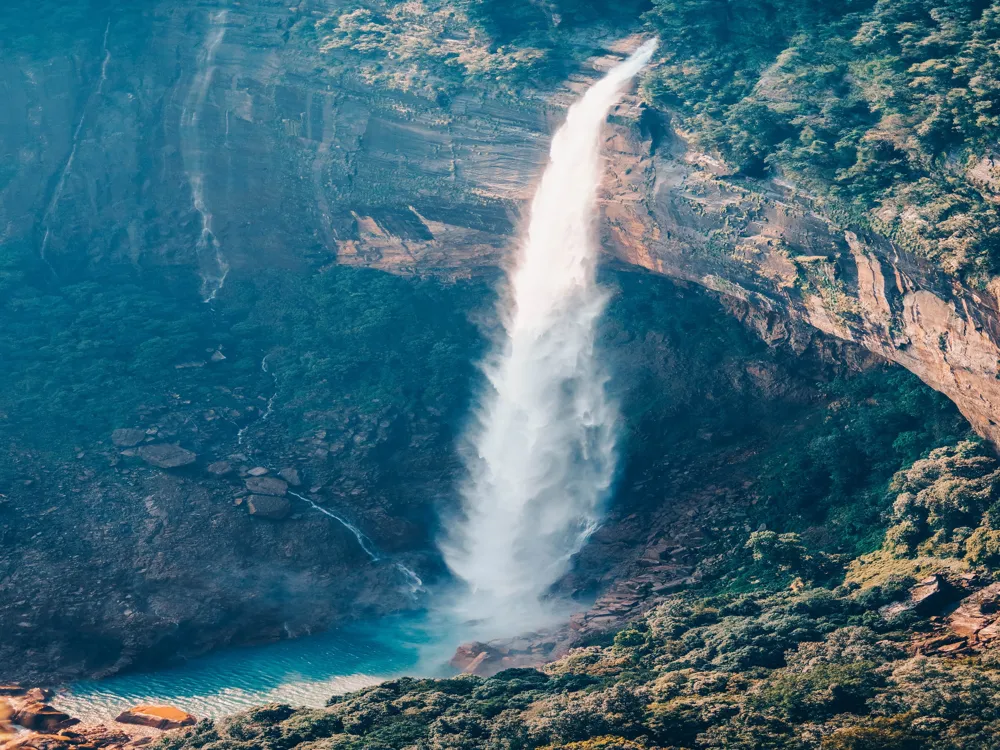Deva Bhavana, nestled in the quaint town of Hajo in Assam, is a spectacular testament to the rich cultural and religious tapestry of the region. This historic site, often overlooked in the mainstream tourist circuits, offers a unique blend of spiritual ambiance and architectural grandeur, making it a must-visit destination for both history enthusiasts and spiritual seekers. Hajo, perched on the banks of the mighty Brahmaputra River, has been a melting pot of diverse religions such as Hinduism, Buddhism, and Islam, with Deva Bhavana standing as a proud symbol of this confluence.
The history of Deva Bhavana dates back to centuries, with its origins shrouded in numerous legends and folklore. It is believed to be a place where the divine and the mortal world meet, a concept deeply etched in many Eastern philosophies. Over the years, the site has witnessed several renovations and restorations, each adding a layer to its rich history. The temple complex houses multiple deities, attracting devotees from various faiths, and symbolizes the secular fabric inherent in Assam's culture. The annual festivals held here are a vibrant display of Assam's colorful traditions, drawing crowds from across the country.
The architecture of Deva Bhavana is a remarkable amalgamation of various styles, reflecting the diverse influences that have shaped it over centuries. The primary structure exhibits typical features of traditional Assamese temple architecture, characterized by its distinct sloping roofs, intricate carvings, and the use of local materials. As you approach the temple, the first thing that strikes you is the elaborate gateway, adorned with motifs and sculptures that narrate stories from ancient scriptures.
Inside, the temple is a harmonious blend of simplicity and intricacy. The sanctum sanctorum, where the deities reside, is designed with utmost reverence and care, ensuring a serene and contemplative atmosphere. The walls and ceilings are adorned with frescoes and carvings depicting various mythological scenes and figures, each a masterpiece in its own right. The use of natural light plays a significant role in the temple's design, creating an interplay of light and shadow that adds to the spiritual ambiance.
Moreover, the complex is not just a single structure but a conglomeration of several shrines and auxiliary buildings, each with its unique architectural characteristics. The use of locally sourced materials like bamboo, wood, and stone in these structures not only makes them sustainable but also integrates them seamlessly with the surrounding landscape. The temple's layout follows the traditional 'Navagraha' design - a representation of the nine planetary deities, which is a significant aspect of Hindu astrology and cosmology. This architectural feature is not just symbolic but also influences the spiritual practices and rituals performed in the temple.
The architecture of Deva Bhavana is deeply intertwined with its spiritual significance. Each element, from the orientation of the temple to the motifs on the walls, carries a spiritual meaning. The east-facing main entrance, for instance, is aligned with the rising sun, symbolizing enlightenment and awakening. The intricate carvings and sculptures serve as visual narratives of the divine tales and philosophies, making the complex a living museum of spiritual wisdom.
What sets Deva Bhavana apart is the evident interplay of different cultural influences in its architecture. Elements of Buddhist and Islamic architecture, such as the dome-shaped structures and the floral motifs, are seamlessly integrated with the Hindu architectural framework. This fusion not only adds to the aesthetic beauty of the temple but also stands as a symbol of the religious harmony and pluralism that has been the essence of Hajo for centuries.
The preservation and restoration of Deva Bhavana have been a priority, given its historical and cultural significance. Efforts have been made to maintain the authenticity of the original structures while ensuring their longevity. The restoration work often involves traditional artisans and craftsmen, who employ age-old techniques and materials, thus keeping the ancient skills alive and ensuring that the restoration is in harmony with the original design.
The ideal time to visit Deva Bhavana is between October and March when the weather in Assam is pleasant, with minimal rainfall. This period also coincides with several local festivals, offering a glimpse into the vibrant cultural fabric of the region.
Visitors are advised to dress conservatively, respecting the sanctity of the temple. It's recommended to avoid loud colors and to wear modest clothing covering shoulders and knees. Photography inside the sanctum sanctorum is usually not permitted, and it's important to maintain a quiet and respectful demeanor throughout the visit.
Hajo offers a range of local culinary delights that one must try. From traditional Assamese thalis to street food, there's a variety to suit every palate. Accommodations ranging from budget stays to more comfortable lodgings are available in the vicinity of the temple.
Opting for a guided tour can enhance the experience as local guides provide insights into the temple's history, architecture, and religious significance. They can also assist in navigating the temple complex and understanding the rituals and customs practiced here.
Deva Bhavana in Hajo is well-connected to the major cities of Assam. The nearest airport is in Guwahati, which is approximately 35 kilometers away. From Guwahati, one can hire taxis or use public transport to reach Hajo. The region is also well-served by a network of buses connecting it to various parts of Assam and the neighboring states.
Overview of Deva Bhavana, Hajo, Assam
Architecture of Deva Bhavana
Understanding the Spiritual Significance
Interplay of Cultures in Architectural Design
Preservation and Restoration Efforts
Tips When Visiting Deva Bhavana
Best Time to Visit
Dress Code and Etiquette
Local Cuisine and Accommodation
Guided Tours
How To Reach Deva Bhavana
Deva Bhavana
Hajo
Assam
NaN onwards
View hajo Packages
Hajo Travel Packages
View All Packages For Hajo
Top Hotel Collections for Hajo

Private Pool

Luxury Hotels

5-Star Hotels

Pet Friendly
Top Hotels Near Hajo
Other Top Ranking Places In Hajo
View All Places To Visit In hajo
View hajo Packages
Hajo Travel Packages
View All Packages For Hajo
Top Hotel Collections for Hajo

Private Pool

Luxury Hotels

5-Star Hotels

Pet Friendly








